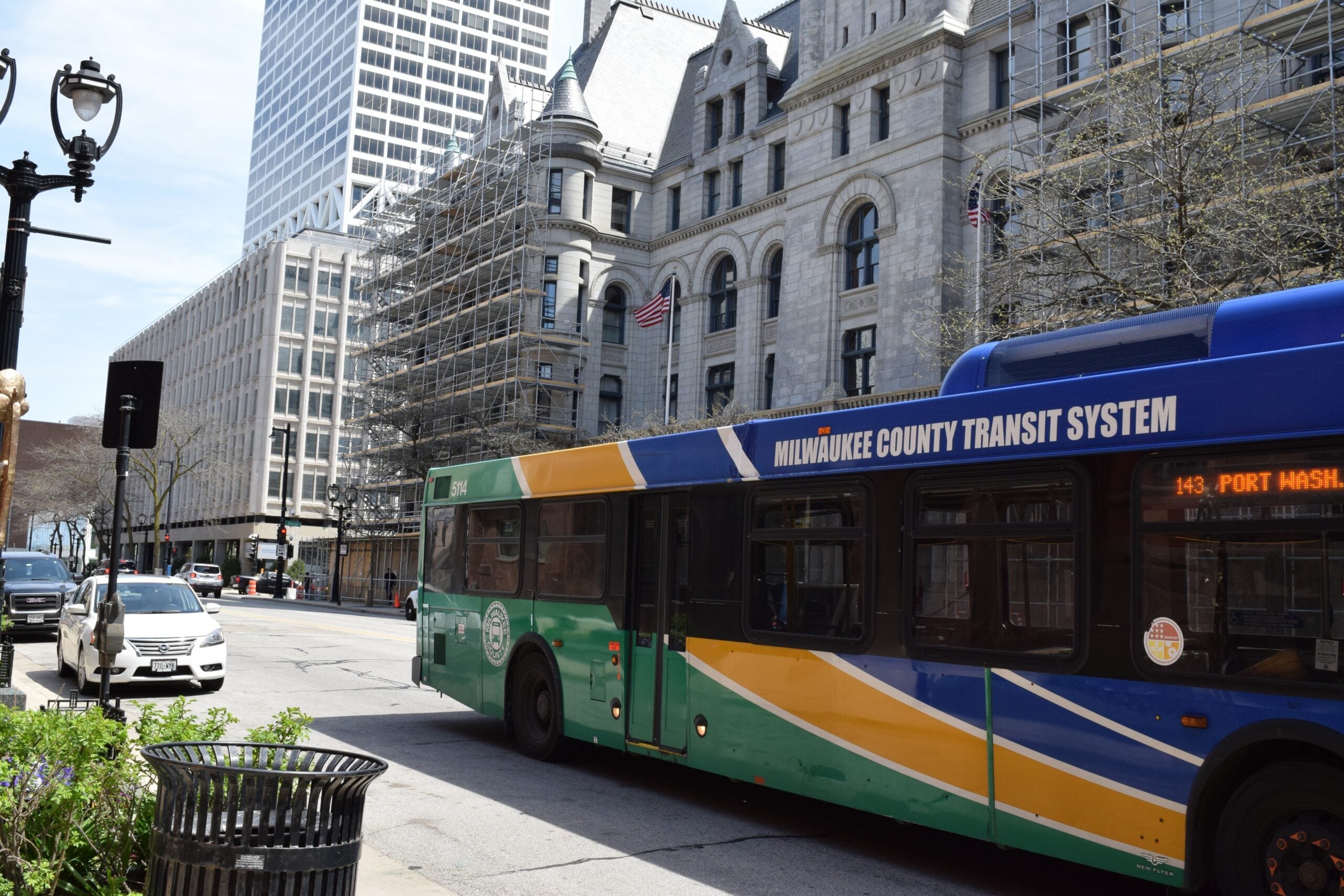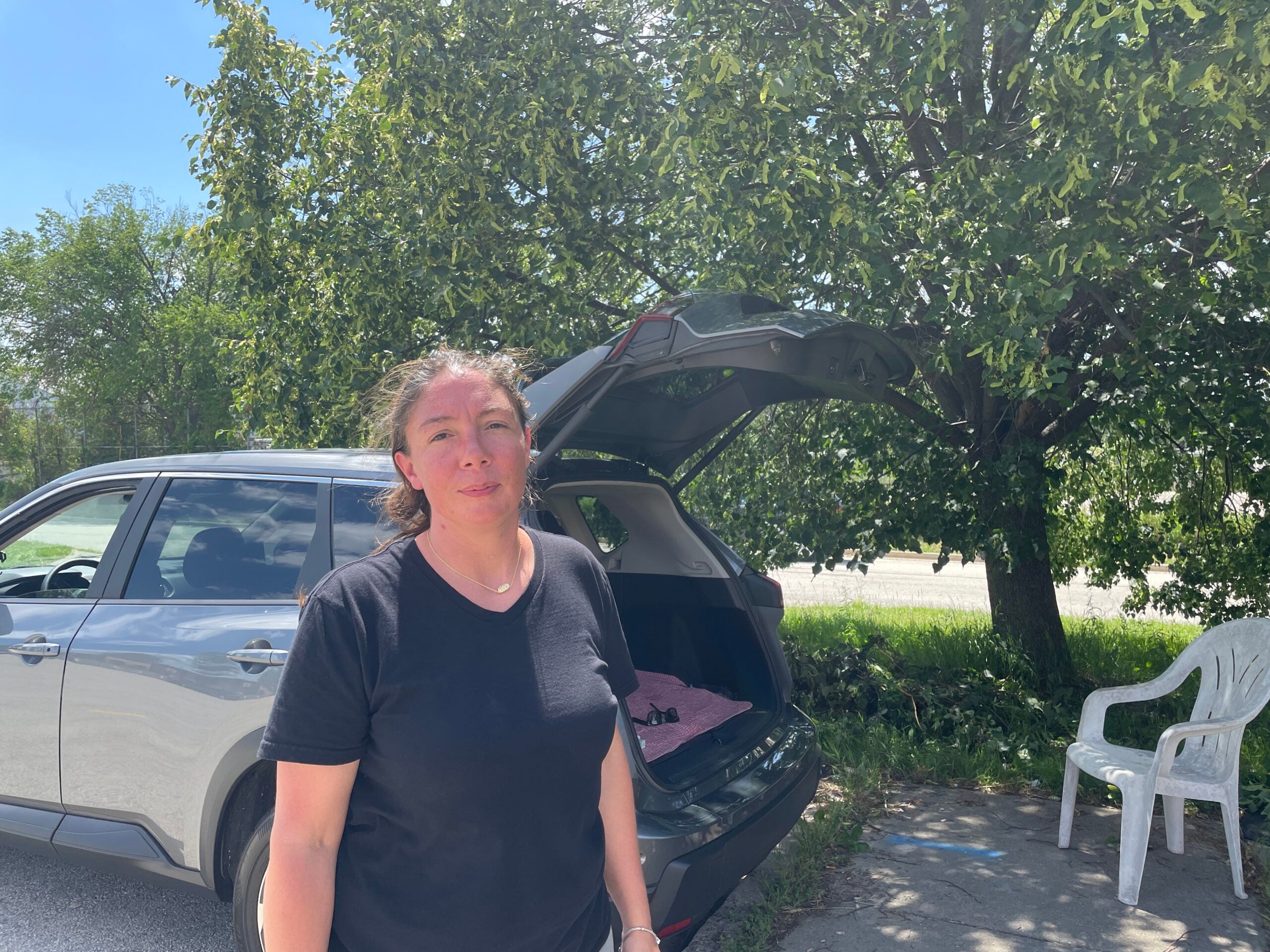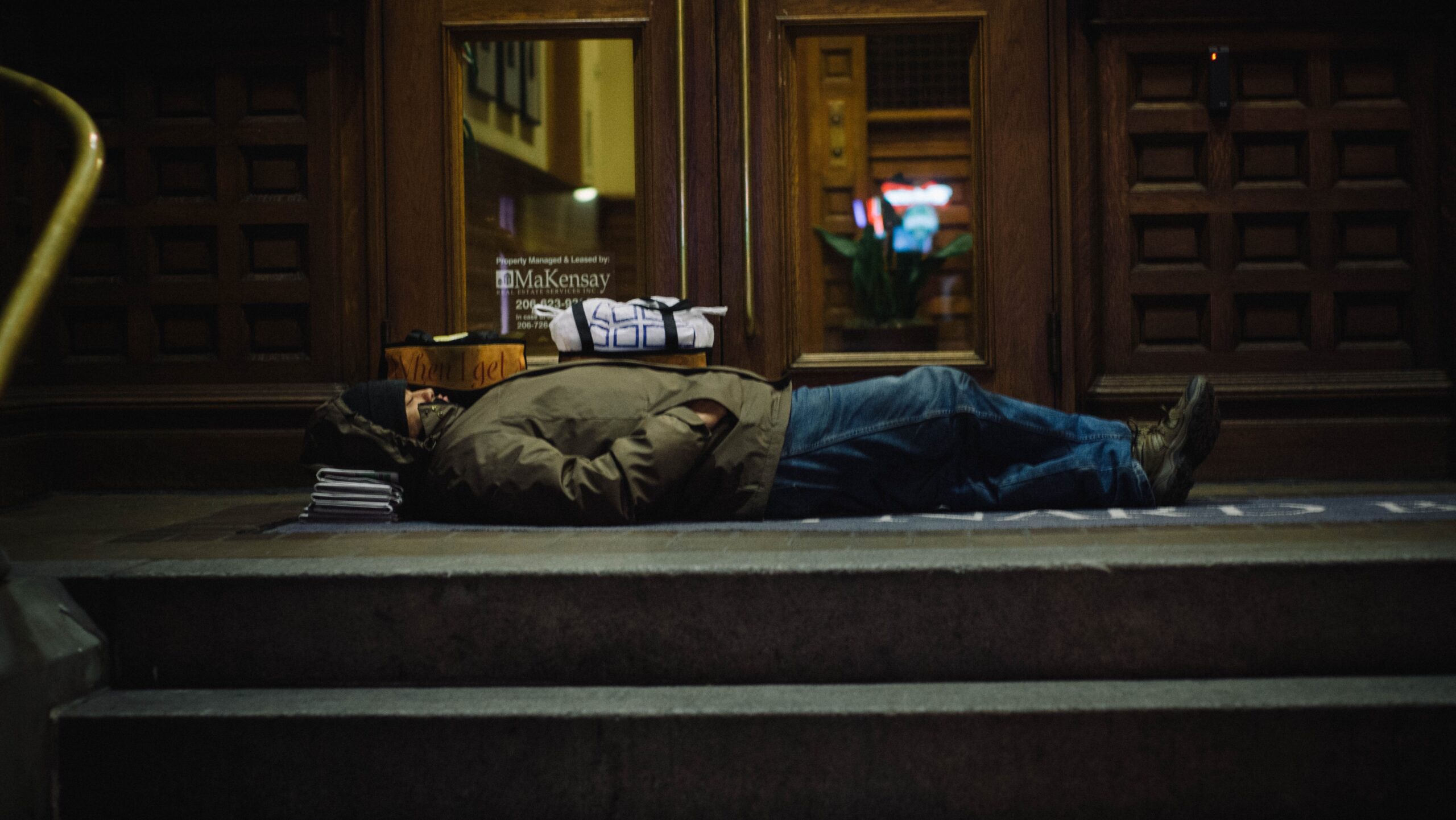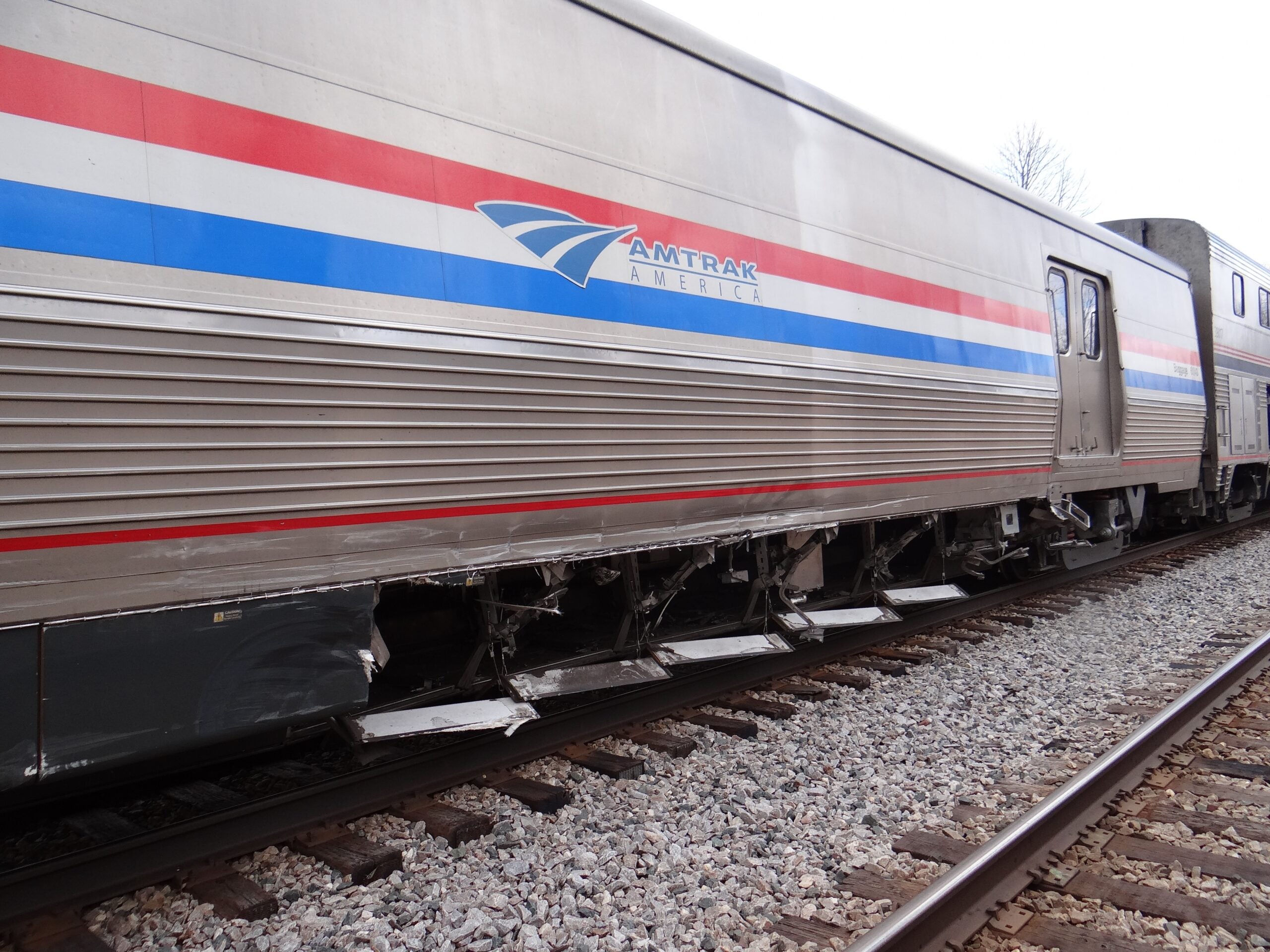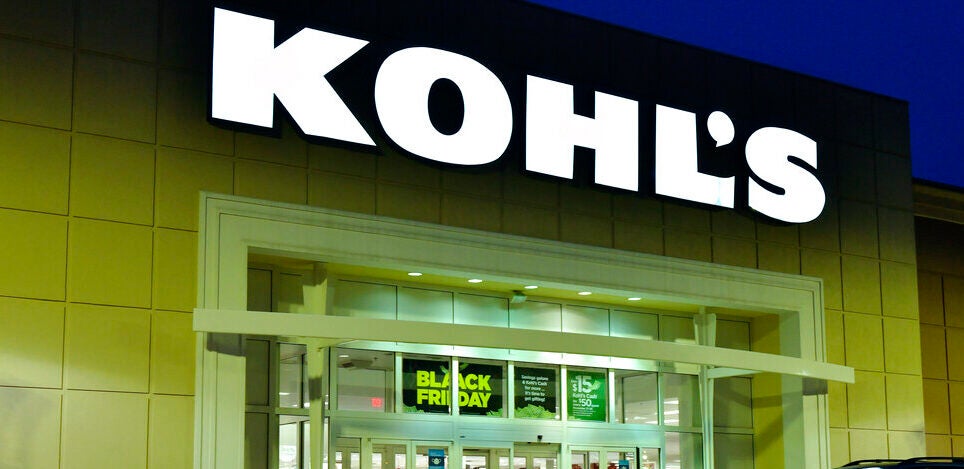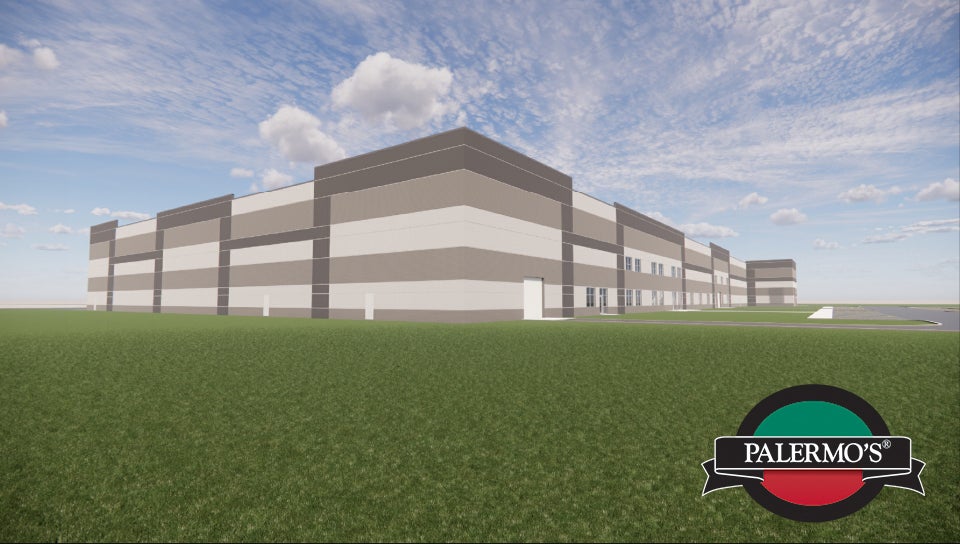It has been a problem for years. Suburban employers say they can’t find workers. People living in the city can’t get to the jobs.
In Milwaukee, close to 20 percent of residents don’t have access to a car. Getting to manufacturing jobs that are often located in the suburbs requires bus commutes that can take at least 90 minutes.
A new program called FlexRide Milwaukee will offer bus service to any employer in Menomonee Falls and Butler from five Milwaukee County Transit System locations on the north and south sides of the city starting next month.
News with a little more humanity
WPR’s “Wisconsin Today” newsletter keeps you connected to the state you love without feeling overwhelmed. No paywall. No agenda. No corporate filter.
“Lack of transportation is too often a barrier for workers wanting to get to jobs and employers wanting to attract new employees, made worse during the pandemic,” said Kevin Muhs, executive director of the Southeastern Wisconsin Regional Planning Commission.
Muhs estimates about 150 riders a day will be served. Those won’t be the same people each day, and Muhs hopes that some of those people will choose to buy a car once they start earning a good wage.
“All the businesses are hiring so much; we think that there will be plenty of demand to backfill any of the riders we lose to people buying their own car,” Muhs said. “We definitely hope that we can service more people but that right now is the capacity.”
City residents can sign up through FlexRide to be picked up from one of five stops and dropped off at their employer.
Here is a list of the shuttle stops in Milwaukee:
- Sherman Phoenix, 3536 W. Fond du Lac Ave.
- Midtown Center, 5700 W. Capitol Drive
- Silver Spring Neighborhood Center, 5460 N. 64th St.
- Silver Spring Drive/Lovers Lane
- Woodman’s/Sam’s Club, Highway 145 in Menomonee Falls
FlexRide is a partnership between the University of Wisconsin-Milwaukee and the Southeastern Wisconsin Regional Planning Commission to close the first- and last-mile transit gaps between where workers live and their potential employers.
The “last mile” problem refers to transportation not taking people exactly where they need to go. They often have to walk, at least a mile, to their jobs and then home.
FlexRide participants must be city residents and working or willing to work within the service areas. They can request pickups using a smartphone app or by phone.
The program is being funded by a $1 million National Science Foundation Grant, which will pay for the program through fall. Muhs is confident funding will be raised to keep the program in operation after the fall.
Lingqian (Ivy) Hu is an urban planning faculty member at UW-Milwaukee who leads the research team for the project. She said the program will address transit and other obstacles that deter marginalized populations from accessing jobs in the Milwaukee region.
Hu said the program was developed by asking people what they need to get to work easily and safely.
“We talked to the individual person who lived in segregated neighborhoods in Milwaukee, who wanted to work in Menomonee Falls,” Hu said. “We let them drive the planning process. And we hope that this directly caters to the needs (of the riders).”
Dave Steele, executive director of the Regional Transit Leadership Council, said historically in transportation planning, plans are created in a vacuum. He said the inclusivity of this project is one of the things that makes it so exciting.
“Through focus groups, (UW-Milwaukee and the Southeastern Wisconsin Regional Planning Commission) hear loud and clear that comfort is a factor, safety. People want service that will reduce the amount of time to get to a job and that is tailored to their individual needs,” Steele said. “That is a departure from what we have in our area, where it can take hours to get from the city to a job site in the suburbs.”
Tackling the “last mile” problem has been an ongoing issue for southeastern Wisconsin employers and civic groups.
Last summer, the state’s economic development commission and the United Way of Greater Milwaukee began studying how to bring last mile service to the Milwaukee suburbs of Brookfield, New Berlin, Franklin and Oak Creek. That study is expected to be completed in the spring.
Steele said these initiatives are to build a stronger community through connectivity.
“This is one of those rare moments where it is a win for the city and a win for the suburbs,” Steele said. “So that is why we are optimistic that we can find sustainable funding. Because it is our belief that a more equitable region is a more equitably vibrant region.”
Wisconsin Public Radio, © Copyright 2025, Board of Regents of the University of Wisconsin System and Wisconsin Educational Communications Board.

